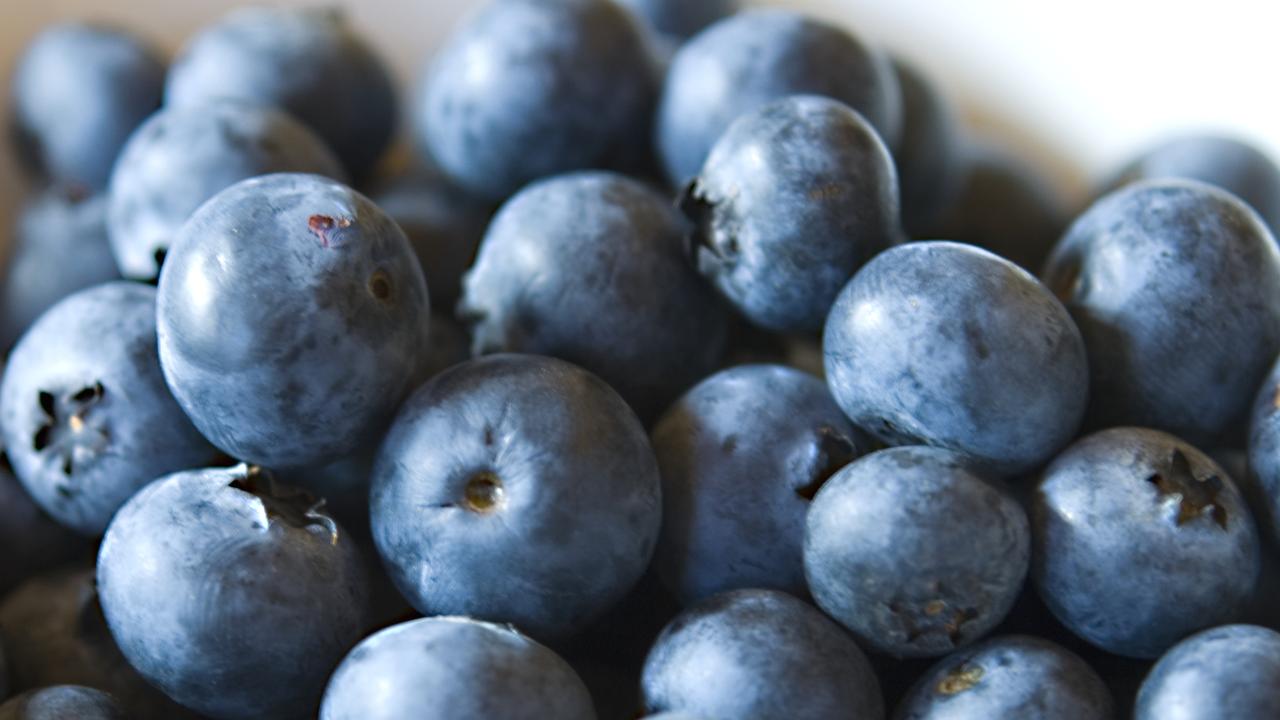Dietitian reveals key to slowing ageing process
Groundbreaking new research has revealed the exact point that the ageing process catches up with us - and what can be done about it.

Whether it’s sore joints, weight gain or sagging skin, the truth is that no one likes the effects of ageing.
In particular, seeing these visual changes daily when we glance in the mirror is a stark reminder that our time on this planet is finite and the clock is ticking. We have also been told that ageing occurs gradually, and ultimately there is not much we can do about it, but new data suggests that this is not necessarily the case.
Research published in the scientific journal Nature Agingconducted at the Stanford University School of Medicine has tracked the age-related changes of 108 people between the ages of 25 and 75 years, with the average study participant tracked for seven years.
Throughout the course of the study, participants gave blood and a range of other samples every few months, which gave researchers the ability to track a large number of molecules over a large number of time points, creating a data set of more than 250 million from 135,000 different molecules which included various hormones, microbiome samples and measures of cell health.
In regards to ageing, it was found that 81 per cent of the molecular changes were more pronounced around two key time points in an individual life – the mid-40s and then the early 60s, times that align closely with the increase in risk of a number of lifestyle diseases and more pronounced cellular ageing.
Specifically, in the 40s there appears to be a number of physiological changes in the way alcohol, caffeine and fat is metabolised in the body for both men and women, when previously these changes were often attributed to menopause.
Meanwhile in the 60s, an increase in cardiovascular disease risk, a decline in kidney function, impaired carbohydrate metabolism and degenerative changes in skin and muscles cells are more likely.

What to do in your 40s
If you are moving into or are in your 40s, this means that it is time to take action. If you have not had your routine health checks including a colonoscopy, breast check and routine bloods in the past 12 months, it is time to see your GP.
If you do not exercise, and in particular, do not do any resistance training, start. Or, if you do exercise, get a body scan and bone density check.
When it comes to the health and elasticity of your skin, this is the time to consider key vitamin treatments and supplements like collagen to preserve the integrity of your skin.
What to do in your 60s
When it comes the 60s, things are a little trickier, as much of our bone and muscle work occurs through early adult life, but it is certainly time to take control of your weight if you are carrying extra kilos, as even a 5kg loss will yield significant benefits when it comes to blood pressure, blood glucose control and heart health.
For most adults, weight control will be aided by a diet that is higher in protein and lower in carbohydrates as generally our energy requirements reduce as we age, while nutrient requirements increase.
Prioritise daily exercise with a mix of resistance and flexibility work, as well as cardio training to maintain fitness, strength and mobility.
Consider who you spend your time with
Perhaps most importantly is to consider who you spend the most time with. Human beings become like those people around us, which means if your partner or closest friends are not overly active or health conscious, this will inevitably impact you.
On the other hand, seeking out those who move a lot and who value health and fitness will help you live well and age well together.

Your diet holds the key
If there was just one active step that we could all take to minimise ageing at a cellular level, it is to eat a diet rich in the key superfoods that have specific benefits when it comes to the health of every one of the body’s cells.
For example, antioxidant rich blueberries have been shown to help maintain cognitive function as we age, as has green tea.
A diet rich in Omega 3 fat from sources including oily fish at least two to three times each week will naturally help to reduce inflammatory damage that builds over time, and keeping blood glucose controlled by avoiding white carbs and added sugars in the diet is crucial.
Most importantly, nothing ages the body systems as carrying extra weight does, so even if you do not lose weight, avoiding weight gain through the decades will only be a good thing if looking as youthful as possible is an important goal for you.
Susie Burrell is a dietitian and nutritionist and holds a Master’s degree in coaching psychology






